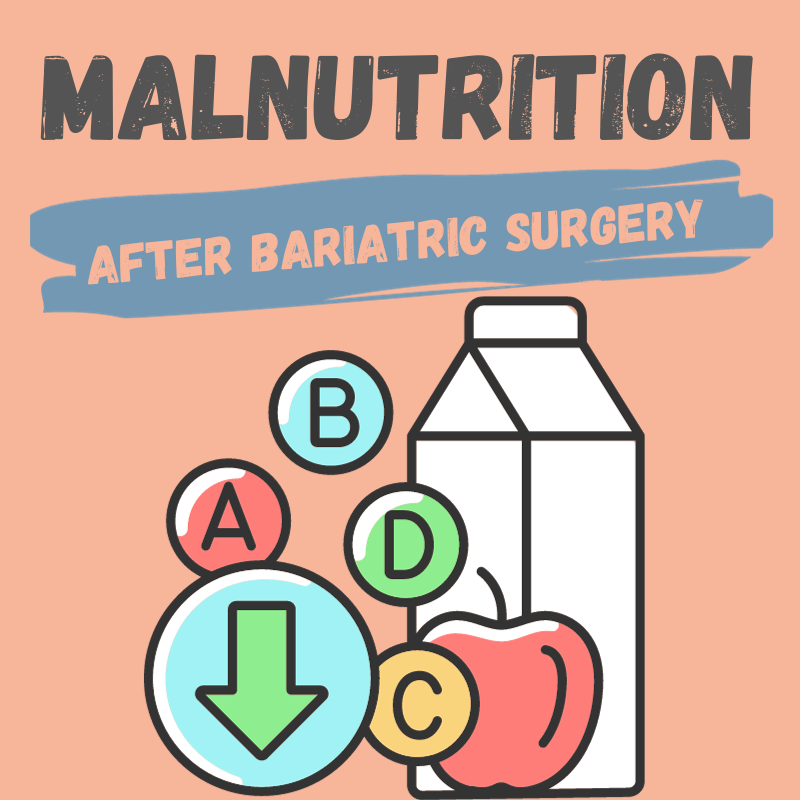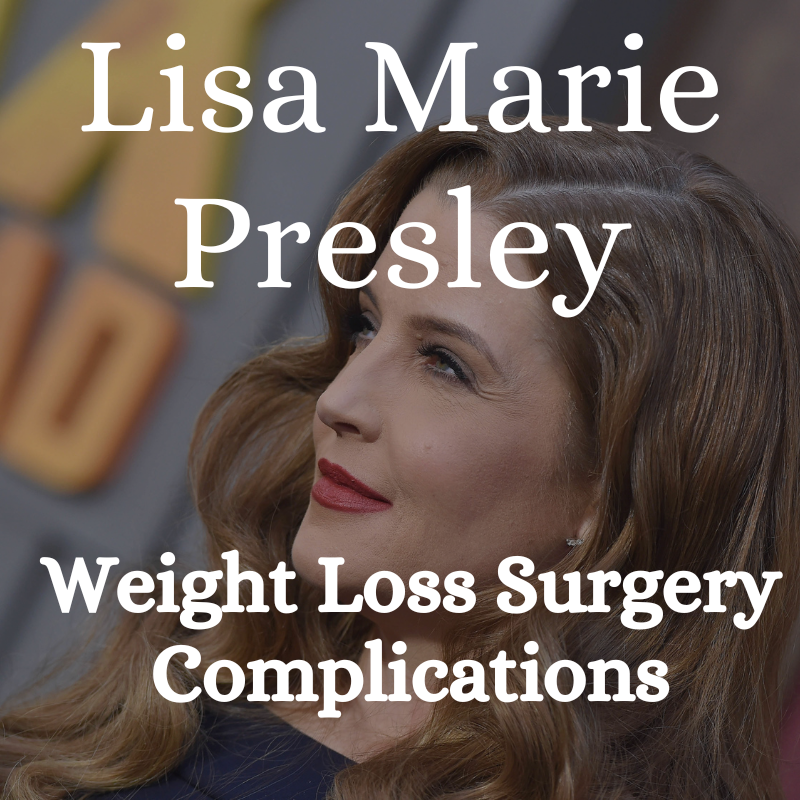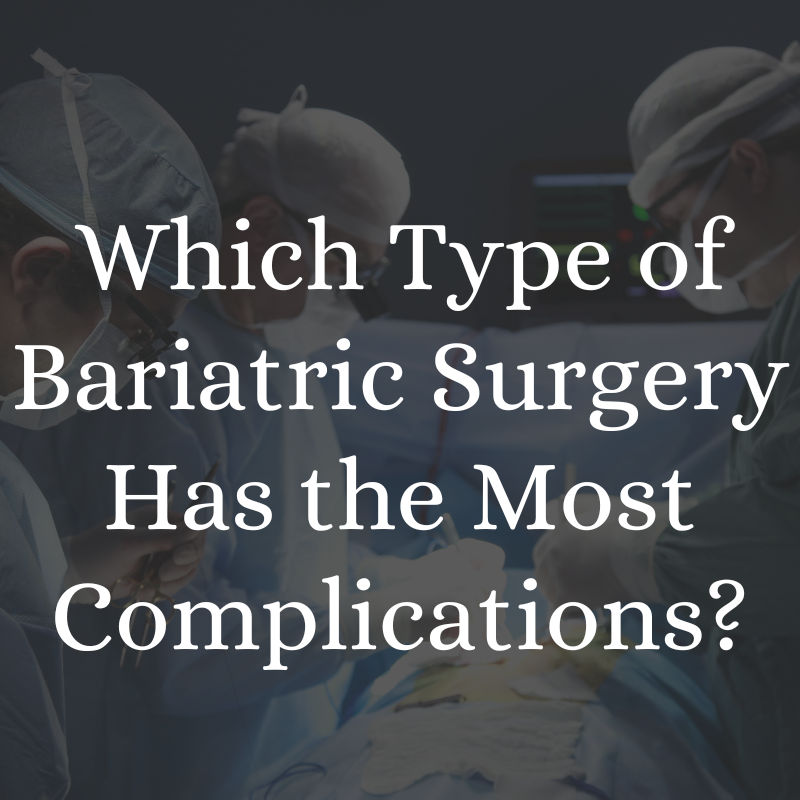Your cart is empty
Gestational Diabetes after Weight Loss Surgery

Gestational Diabetes After Bariatric Surgery
Are you pregnant after weight loss surgery? Congratulations! This is an exciting time, especially after bariatric surgery. So much has changed for you over the last several months post-op and now that you are expecting a little one, there is even more that you need to remember. Many women become pregnant after weight loss surgery. In fact, that is one reason why many choose to have the procedure because a lot of times the significant weight loss can increase fertility. I have experienced two pregnancies after weight loss surgery. The first was when I was 1-year post-op my original gastric sleeve surgery and my second is what I am going through now after my revision to gastric bypass. I am currently 27 weeks pregnant and am definitely getting excited!
There is a lot that comes with pregnancy after weight loss surgery. One of the main things to remember is that you have a risk of developing gestational diabetes. Just because you had weight loss surgery does not mean you will be diagnosed with it though. It is important to remember that our bodies are different after bariatric surgery and the way we respond to sugar is different than other people. I want to share my experience with it during my pregnancies because it is definitely something you need to take seriously to ensure you are staying healthy.
When you are between 24 and 28 weeks pregnant, your doctor will give you a glucose test to check for gestational diabetes. This is a normal test during any pregnancy where they have you drink a sugary drink to see how your body responds. When I was pregnant with my son, I did the first 1-hour test but failed it, meaning that my blood sugar came back too high. When this happens, they have to do further testing. They sent me to a center to do a follow up 3-hour test where the sugar content was even higher. You have to drink the 100g of sugar drink very quickly and then they draw your blood every hour to see how you are responding to the sugar. Well, I did not make it very far. As you know, our body responds to sugar very poorly after weight loss surgery. When we consume too much, we can have dumping syndrome with a whole bunch of horrible symptoms. After I drank the drink, it did not take long for my body to react negatively. I started vomiting and having horrible diarrhea and felt like I was going to pass out. My heart was pounding and I could not settle down. It was by far the worst dumping syndrome I had ever experienced. They were very close to rushing me to the emergency room because of the severe reaction I had. It truly was a horrible experience.
They wanted me to redo the test, but I declined and asked if they would just treat me like I had diabetes. So, for the remaining months of my pregnancy with my son, I checked my blood sugar at home multiple times a day to ensure it was in the appropriate level. I never once had too high of blood sugar when I tested at home. In fact, I actually struggled with low blood sugar so it made me more aware of things I needed to do to keep it up. It can be very challenging for bariatric patients because we obviously need to check to see if gestational diabetes is something we are struggling with, but the test is so difficult for us to take that it almost makes it impossible to know for certain. For my current pregnancy, I declined the test and asked that they do the same thing I did with my son. Instead of consuming all that sugar for the test, I am just testing my levels at home and monitoring it myself. I will say though, with this pregnancy my levels have been a little bit higher. It has really helped me stay accountable and make sure that I am not eating too much sugar and that I am consuming the best foods I can during this pregnancy. Being pregnant is challenging enough, but when you throw bariatric surgery on top, it can get a little messy.
Gestational diabetes is something you want to take very seriously, especially as a bariatric patient. If you decide not to go through with the test, make sure you get the tools you need to check your own blood sugar daily. This is critical in ensuring you and your baby are staying healthy throughout the pregnancy. The good news is that many bariatric patients are at a healthy weight when they become pregnant, which can decrease your chance of developing gestational diabetes. However, that does not necessarily rule it out. Even if you do not get a formal diagnosis, sugar is something you need to play close attention to as a pregnant bariatric patient. We are already struggling with the risk of having nutritional deficiencies, so make sure you are eating a well-balanced diet throughout your pregnancy. It is important to work with your team of doctors while you are pregnant so you can take all the steps needed to have a healthy pregnancy. I know it can be hard not to stress about your health while you are pregnant, but try to breathe and enjoy this time as much as you can. Do what you know you need to do as a bariatric patient and keep yourself accountable. If you do have gestational diabetes, remember to stay calm and stay closely connected with your medical team on any additional lifestyle changes you can make. Hang in there, momma! You are doing great!
Continue Reading: Pregnancy After Bariatric Surgery
Bariatric Guides & Information
More Info
- Choosing a selection results in a full page refresh.


















